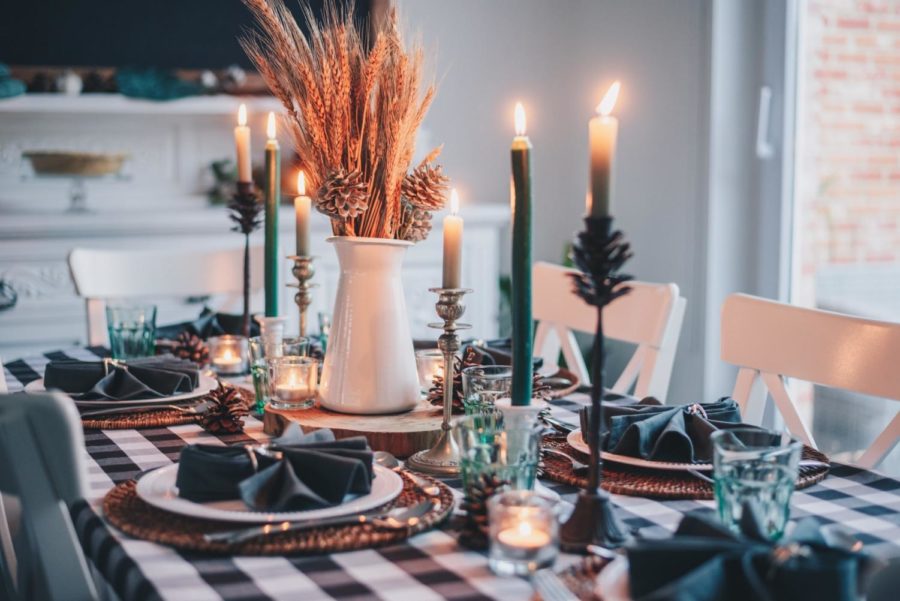Bekkerus: Reforming the Thanksgiving narrative
November 14, 2021
The holidays are a wonderful (and my favorite) time of the year. There’s food, there’s family, there are friends and there is happiness. But there’s also some hurt around Thanksgiving, and it shouldn’t be ignored.
The Thanksgiving holiday is based on the Pilgrims, religious separatists, who founded Plymouth in hope of freely practicing their religion without fear of persecution. However, they faced an extremely rough first year: survival was a struggle because of disease and hunger.
But the Indigenous people were there first. With the help of Squanto, a Native American of the Pawtuxet tribe, the Pilgrims were taught how to grow corn, catch fish and more so they could feed themselves. He also helped them form peaceful relations with Indigenous tribes in the area, including the Wampanoag tribe. After the first successful harvest, the Pilgrims hosted a festival-like celebration that lasted three days. Their Indigenous allies were invited, and thus, the first Thanksgiving was born.
Of course, this is the white-washed version. The truth is that no matter how many ways the story is spun, it’s still colonization. We are originally taught the friendly version, but in reality, travel to the “New World” was ridden with slavery, disease and genocide.
Each year on Thanksgiving, we should not be celebrating colonization and genocide. We can and should, however, recognize the traditional themes of thankfulness and community while using it as a time to unlearn the white-washed version of Thanksgiving, instead replacing it with education and decolonization.
First, we must listen. What are Indigenous peoples saying about Thanksgiving?
Since 1970, the United American Indians of New England have protested through a National Day of Mourning, which is set on Thanksgiving Day each year. To many Indigenous folx, Thanksgiving is just a reminder of genocide and land theft. Why celebrate Thanksgiving when there’s nothing to celebrate? So, this day is used as a day to mourn the past while also looking forward to the future by acknowledging activism efforts toward equity.
Dennis Zotigh of the Smithsonian Magazine wrote about the romanticization of Thanksgiving. He also included Indigenous voices and how they feel about Thanksgiving. There’s a wide variety of responses, including some who celebrate the holiday and some who don’t celebrate at all.
Next, whose land are you on? This interactive map provides information about different tribes, territories, languages and treaties.
Third, put your money where it matters. The infamous Black Friday can be a good way to get your holiday shopping done (or, if you’re not into the crowds, it at least acts as entertainment to watch other people who go all out for the deals.) However, Nov. 26 isn’t just Black Friday; it’s also Native American Heritage Day. So, this year, along with your Black Friday deals, buy from Native businesses, artists and creators. Here’s a huge list of Native-owned businesses you can support, and there’s even more just a Google search away.
Finally, we need to do a better job within education about telling the true story of Thanksgiving and not erasing Indigenous people’s voices. Here’s a large list of literature where you can start:
For kids
For teens/young adult
Further education, special topics and more
For educators
For more information on Thanksgiving and Indigenous people, check out these resources:
The Indianapolis Public Library: What does Thanksgiving Mean to Indigenous Peoples?
The Smithsonian Museum of the American Indian: Rethinking Thanksgiving Celebrations: Native Perspectives on Thanksgiving
Time: The Thanksgiving Tale We Tell Is a Harmful Lie. As a Native American, I’ve Found a Better Way to Celebrate the Holiday.







